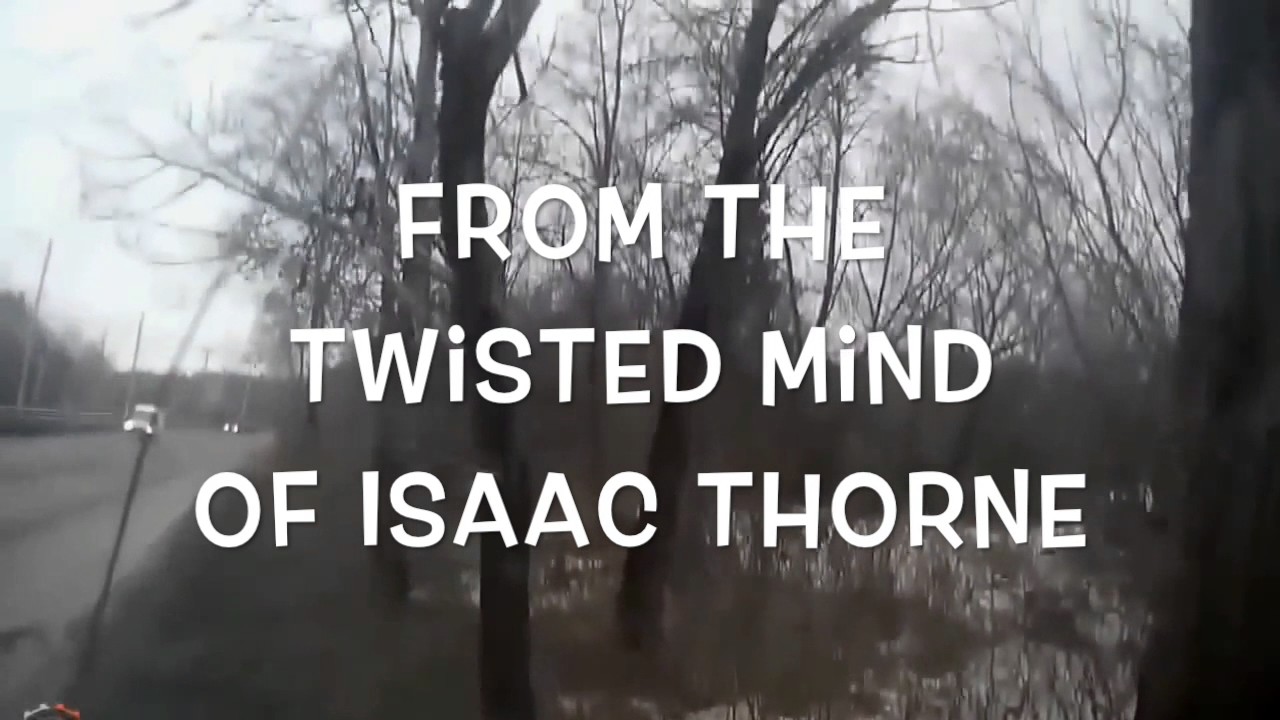Decision-Paralysis: when it happens and why?
Analysis paralysis or paralysis by analysis is the state of over-analyzing (or over-thinking) a situation so that a decision or action is never taken, in effect paralyzing the outcome. A decision can be treated as over-complicated, with too many detailed options, so that a choice is never made, rather than try something and change if a major problem arises. A person might be seeking the optimal or “perfect” solution upfront, and fear making any decision which could lead to erroneous results, while on the way to a better solution.
According to Wikipedia, “analysis paralysis” describes a situation in which the opportunity cost of decision analysis exceeds the benefits that could be gained by enacting some decision, or an informal or non-deterministic situation where the sheer quantity of analysis overwhelms the decision-making process itself, thus preventing a decision. The phrase applies to any situation where analysis may be applied to help make a decision and may be a dysfunctional element of organizational behaviour. This is often phrased as paralysis by analysis.
Learn how to take calculated risks in uncertain times from Author & Risk Analyst Nassim Nicholas Taleb.

According to Deloitte, decision paralysis brought on by the inability to choose between options is typically the result of cognitive overload and fatigue. “The human brain simply isn’t designed to process and compare the sheer amount of information it is often given. While consumers say they want choices, the need to select between endless options can become a cognitive burden rather than a delight. Without ways to mentally manage or weigh the value of information, people struggle to decide and freeze”.
Psychologist Barry Schwartz coined the phrase “Paradox of Choice” to describe his consistent findings that, while increased choice allows us to achieve objectively better results, it also leads to greater anxiety, indecision, paralysis, and dissatisfaction. Rather than empowering us to make better choices, our virtually unlimited access to information often leads to greater fear of making the wrong decision, which in turn leads to us spinning our wheels in a seemingly inescapable purgatory of analysis paralysis, all the while getting nowhere on our important projects.
In addition to the mental exhaustion caused by juggling multiple complex options, saving for retirement faces a second challenge that encourages paralysis: “Outcomes set in the distant future typically lack a sense of urgency in contrast with everyday needs, making it easy to defer decision making to a tomorrow that never arrives. The human tendency to overinflate the here and now, known as the present bias, makes us regularly tip the balance in favour of choices that benefit us in the short term,” shows Deloitte Insight.
Moreover, as they point out, this form of paralysis arises from conflicting values between peoples’ present and future selves, in which “the now” is concrete, but the future is uncertain and difficult to plan for. In the context of long-term planning, today’s consumer has well-defined preferences but little sense of—or even empathy for—what her 80-year-old self will need or want. Not surprisingly, then, situations in which people face major decisions that have uncertain downstream implications, like saving for retirement, are ripe for paralysis.
A 2010 LexisNexis survey showed that, on average, employees spend more than half their workdays receiving and managing information rather than using it to do their jobs, a fact that has made us ask ourselves some important questions and that definitely impacts efficiency and productivity. Moreover, other studies in psychology and neuroscience reveal that analysis paralysis takes a far greater toll on your productivity and well-being than just lost time.
